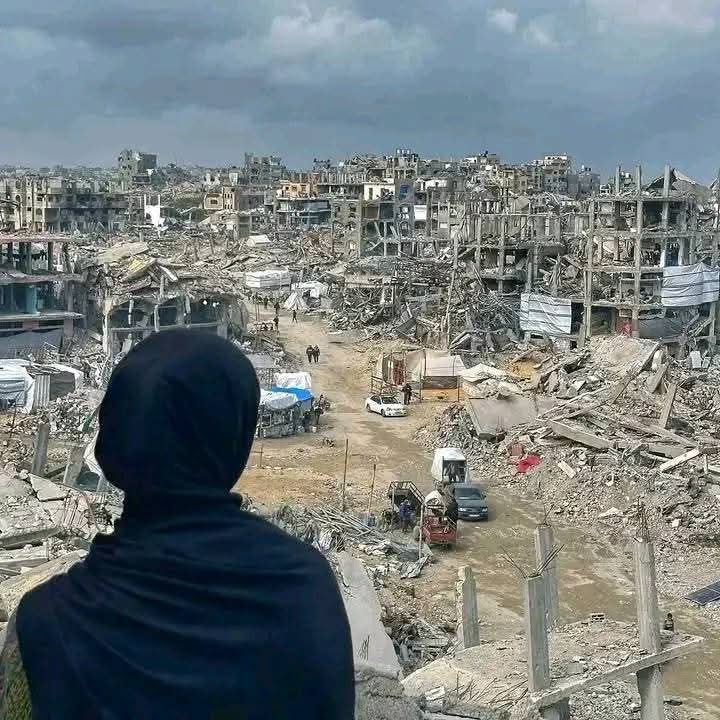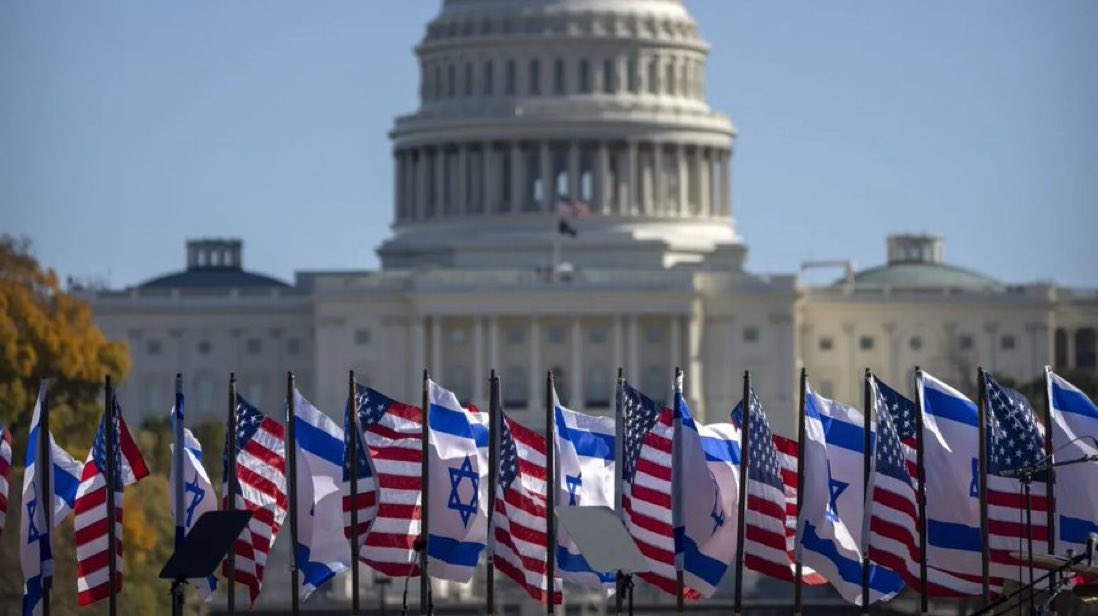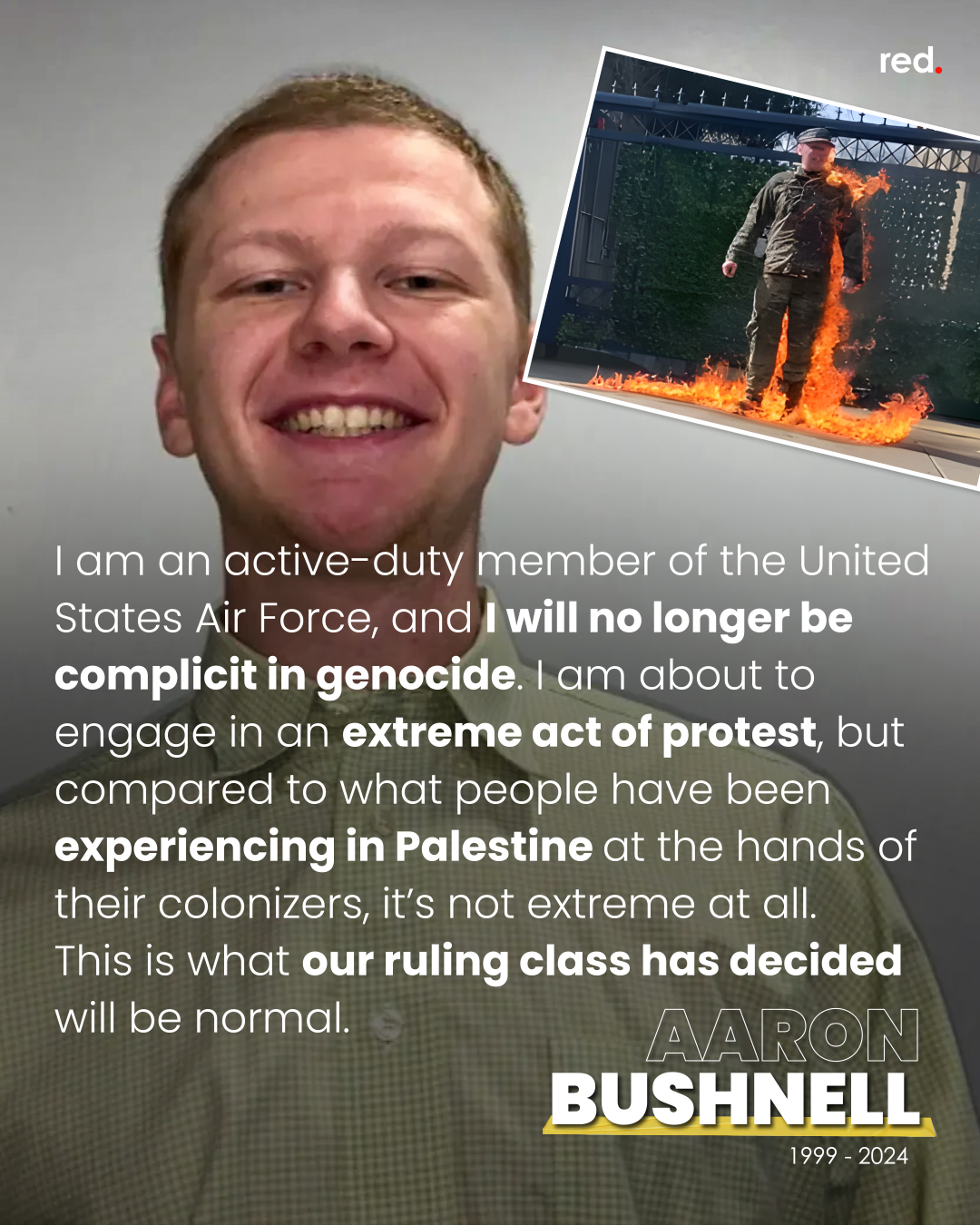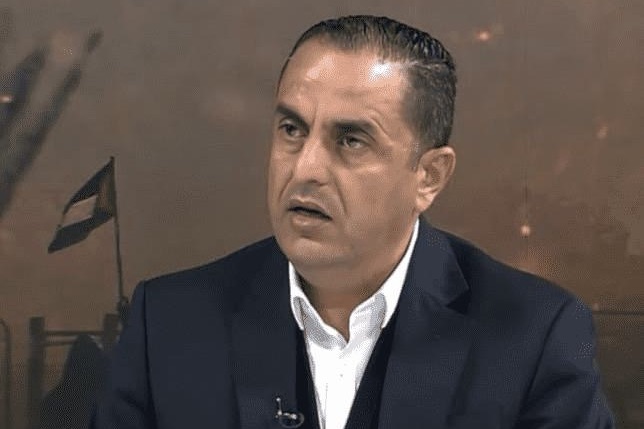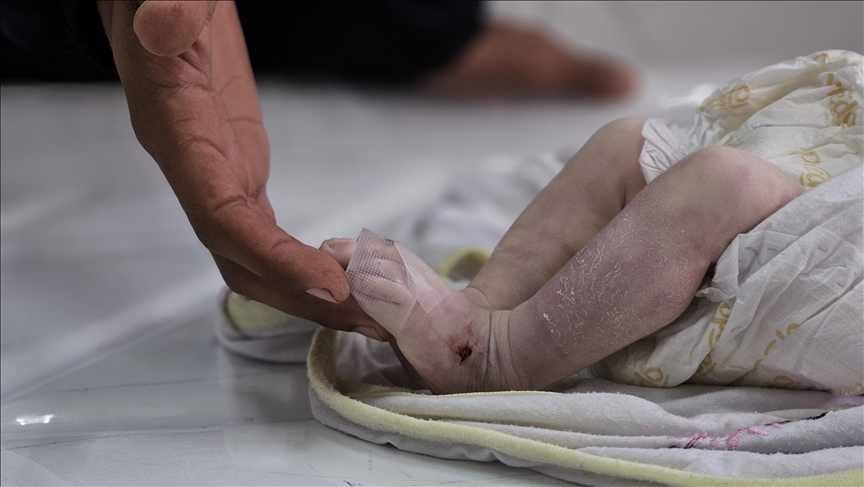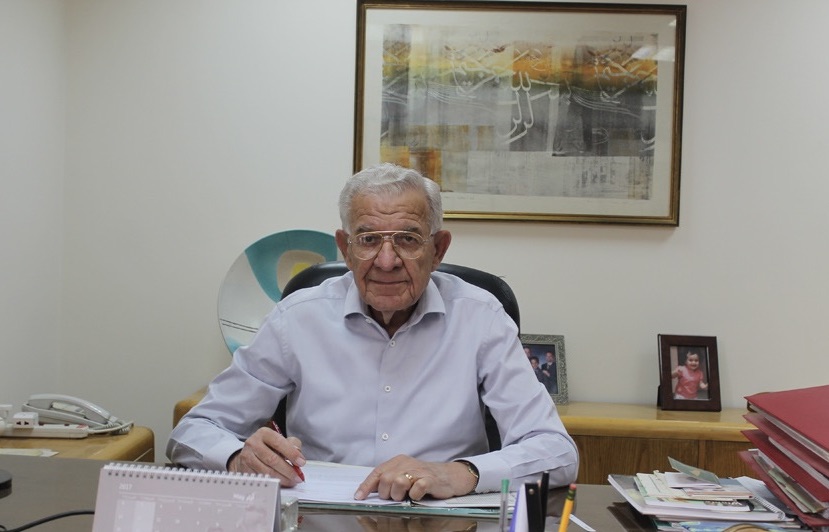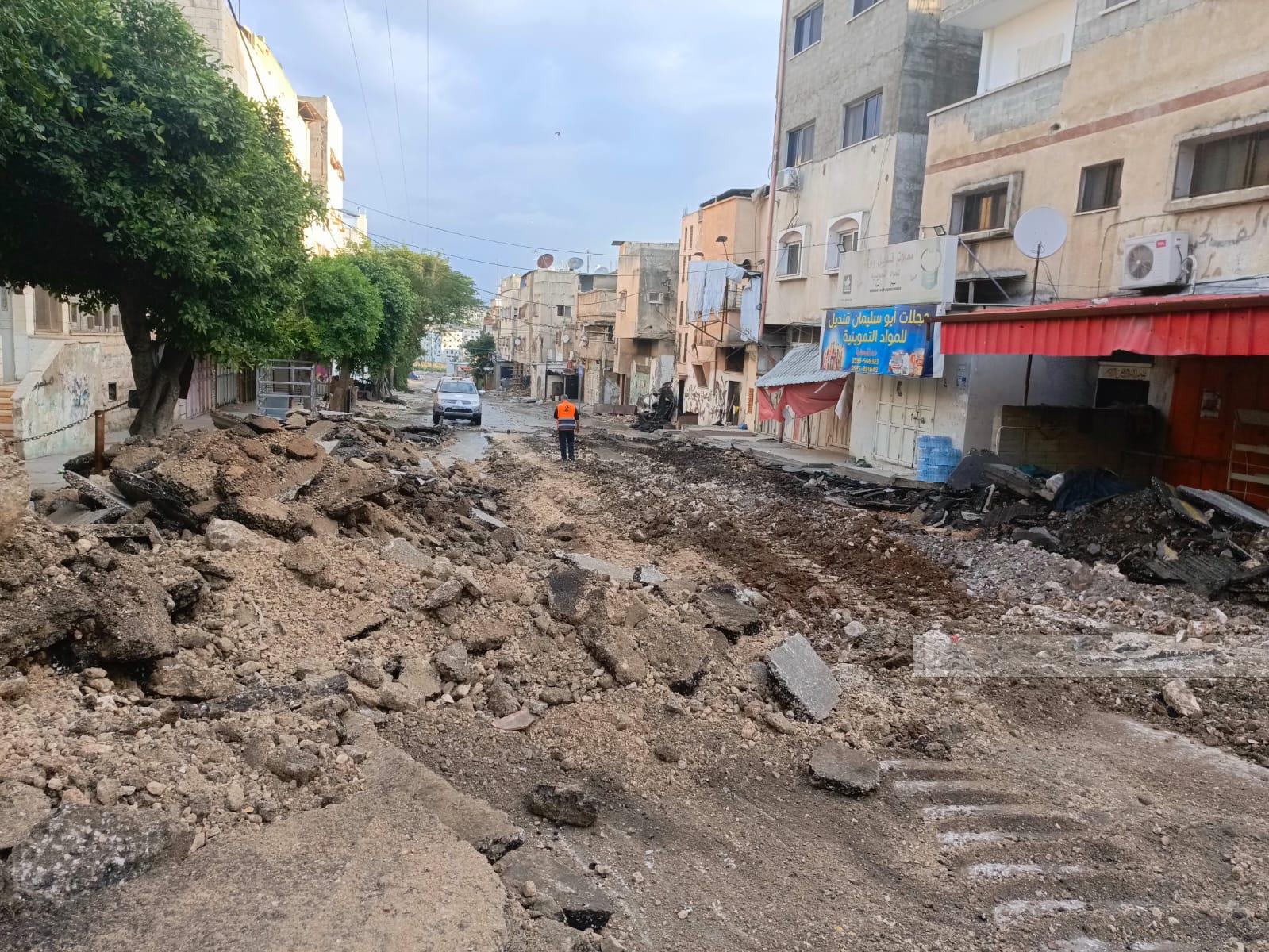
Israel’s intensification of its military assault against the northern West Bank and its forced displacement of its Palestinian communities marks a dangerous grave violence and human rights violations.
The Israeli army has been conducting the military operation “Iron Wall” in the northern occupied West Bank since January 21, killing until date more than 56 Palestinians and displacing thousands.
The assault came amid rising tensions in the occupied West Bank, where at least 917 Palestinians have been killed and nearly 7,000 others injured in attacks by the Israeli army and illegal settlers since the start of the Gaza war on October 7, 2023, according to the Palestinian Health Ministry.
Since the start of the operation several refugee camps have been nearly emptied of their residents, the largest displacement in the occupied territory since the 1967 Mideast war.
Starting in Jenin Camp, the operation has expanded to Tulkarm, Nur Shams, and El Far’a refugee camps witnessing a comprehensive, Israeli -driven war of destruction that led to the forcible displacement of more than 40,000 Palestinian refugees.
Repeated and destructive operations have rendered the northern refugee camps uninhabitable, trapping residents in cyclical displacement. However, in 2024, more than 60 per cent of displacement was a result of Israeli Forces operations, an increasingly dangerous and coercive environment absent any judicial orders.
Daily reports from displaced residents described a pattern where they were led out of their homes by Israeli security forces and drones under the threat of violence.
They were then forced out of their towns with snipers positioned on rooftops around them and houses in their neighborhoods used as posts by Israeli security forces according to the UN Human Rights Office.
“Leave this place and forget the camp. You will never return. Move now before we destroy it completely,” the Israeli security forces threatened the residents.
Other eyewitness testimonies also recounted similar statements by Israeli security force members who reportedly told displaced residents to “forget” and “say goodbye” to their homes, stressing they would not be allowed to return.
One resident reported being told to “go to Jordan.”
Besides, Jenin refugee camp roads were bulldozed recently with new signs apparently giving several streets Hebrew names, UN Human Rights Office said.
This is happening while statements by Israeli officials persist in communicating open plans to annex the region, empty it of Palestinians, and expel them out of the occupied Palestinian territory.
The use of air strikes, armored bulldozers, controlled detonations, and advanced weaponry by the Israeli Forces has become routine, militarised approach that is inconsistent with the law enforcement context of the Occupied West Bank, where there have been at least 38 airstrikes in 2025 alone.
Moreover, on February 19, the Israeli army has prevented thousands of displaced Palestinians from returning to their homes in the Jenin refugee camp and the
Camp stands empty today, evoking memories of the second intifada.
This scene stands to be repeated in other camps.
On the other hand, accompanied by soldiers, Israeli Prime Minister Benjamin Netanyahu entered a Palestinian home in the Tulkarem refugee camp in the northern West Bank on February 21, announcing a new military operation in the occupied West Bank.
“We are destroying entire streets, eliminating militants, and I have instructed reinforcements in the West Bank along with additional military operations,” Netanyahu said in a recorded statement from Tulkarem, released by his office.
Earlier on the same day, the Israeli army announced the deployment of three additional battalions to the occupied West Bank following Netanyahu’s directive for a “strong operation.”
All this is a part of a plan to uproot Palestinian refugee camps, similar to the events that took place in Gaza and reminiscent of the 1948 Nakba.
This lines up with Israel’s vision of a war declared since a long time on the UNRWA, the United Nations Relief and Works Agency for Palestine Refugees which has reached the climax during the war on Gaza.
Under the Knesset laws implemented on January 30, UNRWA no longer has any contact with the Israeli authorities, making it impossible to raise concerns about civilian suffering or the urgent need for the delivery of humanitarian assistance which puts at grave risk the lives of Palestine Refugees and the UNRWA staff that serve them too.
UNRWA reiterates that civilians and civilian infrastructure must be protected at all times and that collective punishment is never acceptable.
There are about 912,879 registered Palestinian refugees in the occupied West Bank, around a quarter of whom live in 19 refugee camps mostly densely populated camps, located next to major towns and others are in rural areas, according to UNRWA.
Israel views these camps as incubators of armed Palestinian struggle, as it seeks to eradicate the refugee issue and the right of return.
Any forcible transfer in or deportation of people from occupied territory is strictly prohibited and amounts to a crime under international law.
Rather than abide by these rules, Israel has openly defied international law time and again, inflicting maximum suffering on civilians in the occupied Palestinian territory and beyond.
Displaced Palestinians must be allowed to return to their homes and Israel must comply with its obligations under international law, which include ending its unlawful presence in the Occupied Palestinian Territory as rapidly as possible and evacuate all occupied West Bank settlements.
In the meantime, as the occupying power, Israel must ensure the protection of Palestinians, the supply of their basic needs, and the respect of their full range of human rights.
Najla M. Shahwan is a Palestinian author, researcher and freelance journalist. Author of thirteen books in literature and a children story collection. Chairwoman of the Palestinian Center for Children’s Literature (PCCL). Founder of Jana Woman Cultural Magazine. Recipient of two prizes from the Palestinian Union of Writers.

